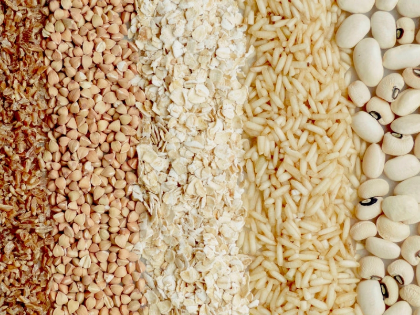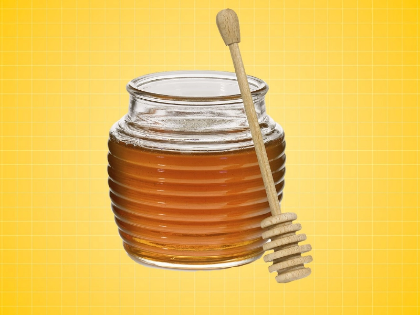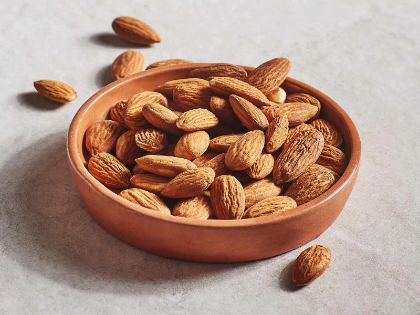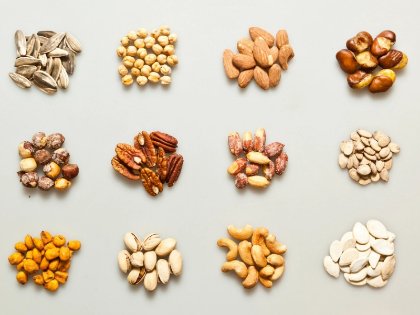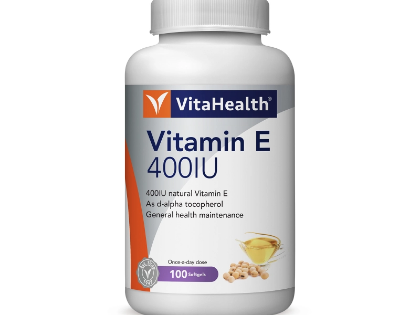Berries: The Natural Way to Support Your Liver Health
1. Understanding Liver Health The liver is one of the most vital organs in the body, responsible for numerous essential functions, including detoxification, metabolism, and nutrient storage. Maintaining liver health is crucial for overall well-being, as the liver processes everything we consume and filters out harmful substances. Factors such as poor diet, excessive alcohol consumption, and exposure to toxins can negatively impact liver function. Incorporating nutrient-rich foods into your diet, particularly berries, can support liver health and enhance its ability to function optimally.
2. Nutritional Profile of Berries Berries, including blueberries, strawberries, raspberries, and blackberries, are rich in vitamins, minerals, and antioxidants. They are low in calories and high in dietary fiber, making them an excellent choice for a healthy diet. Berries are particularly noted for their high levels of vitamin C, vitamin K, and various phytochemicals. These nutrients not only contribute to overall health but also play a significant role in supporting liver function and protecting it from damage.
3. Antioxidants and Liver Protection One of the most significant benefits of berries is their high antioxidant content. Antioxidants help neutralize free radicals, which are unstable molecules that can cause oxidative stress and damage liver cells. Berries are particularly rich in anthocyanins, the pigments that give them their vibrant colors. Research indicates that these antioxidants can help reduce inflammation in the liver, improve liver function, and protect against conditions such as fatty liver disease. Regular consumption of berries can provide a protective effect against oxidative damage.
4. The Role of Fiber in Liver Health Dietary fiber is essential for maintaining digestive health and promoting regular bowel movements. Berries are an excellent source of soluble and insoluble fiber, which can aid in detoxification processes. By supporting healthy digestion, fiber helps the liver eliminate toxins more effectively. Additionally, a high-fiber diet can help regulate blood sugar levels, reducing the risk of insulin resistance, which is linked to fatty liver disease. Including berries in your meals can boost your fiber intake and support liver health.

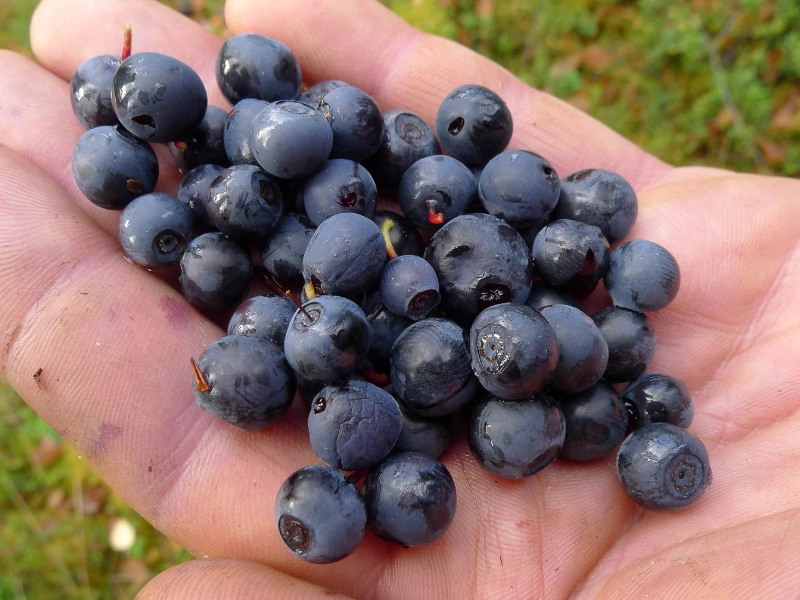 6. Supporting Metabolism with Berries The liver plays a key role in metabolizing nutrients and regulating fat storage. Berries can support this metabolic function due to their low glycemic index and high fiber content. This means they can help stabilize blood sugar levels and prevent spikes that can burden the liver. Additionally, the antioxidants in berries can enhance metabolic processes, promoting efficient fat breakdown and energy production. Including berries in your diet can help support a healthy metabolism and alleviate stress on the liver.
6. Supporting Metabolism with Berries The liver plays a key role in metabolizing nutrients and regulating fat storage. Berries can support this metabolic function due to their low glycemic index and high fiber content. This means they can help stabilize blood sugar levels and prevent spikes that can burden the liver. Additionally, the antioxidants in berries can enhance metabolic processes, promoting efficient fat breakdown and energy production. Including berries in your diet can help support a healthy metabolism and alleviate stress on the liver.
 7. Ways to Incorporate Berries into Your Diet Adding berries to your diet is simple and delicious. They can be enjoyed fresh, frozen, or dried and can be incorporated into various dishes. Consider adding berries to smoothies, yogurt, oatmeal, or salads for a nutritious boost. They can also be used in baking or as toppings for desserts. Experimenting with different recipes can make it easy to enjoy the health benefits of berries while enhancing the flavor of your meals.
8. Choosing Organic Berries When selecting berries, opting for organic varieties can be beneficial. Organic berries are grown without synthetic pesticides and fertilizers, which can contribute to liver stress when consumed in large quantities. By choosing organic, you can reduce your exposure to harmful chemicals and enjoy the full nutritional benefits of these fruits. Washing berries thoroughly before consumption is also essential to remove any residual pesticides and dirt.
9. The Importance of a Balanced Diet While berries are a powerful ally for liver health, they should be part of a balanced diet. Consuming a variety of fruits, vegetables, whole grains, lean proteins, and healthy fats is essential for overall well-being. Limiting processed foods, excessive sugar, and unhealthy fats can further support liver function. A holistic approach to nutrition, including the regular intake of berries, can enhance liver health and improve overall quality of life.
10. Summary of Berries' Benefits for Liver Health Berries are a natural and effective way to support liver health due to their rich nutritional profile and numerous health benefits. Their high antioxidant content helps protect the liver from oxidative stress, while their fiber aids in detoxification and digestion. By reducing inflammation and supporting metabolic function, berries can play a crucial role in maintaining optimal liver health. Incorporating a variety of berries into your diet can promote overall well-being and contribute to a healthier liver.
7. Ways to Incorporate Berries into Your Diet Adding berries to your diet is simple and delicious. They can be enjoyed fresh, frozen, or dried and can be incorporated into various dishes. Consider adding berries to smoothies, yogurt, oatmeal, or salads for a nutritious boost. They can also be used in baking or as toppings for desserts. Experimenting with different recipes can make it easy to enjoy the health benefits of berries while enhancing the flavor of your meals.
8. Choosing Organic Berries When selecting berries, opting for organic varieties can be beneficial. Organic berries are grown without synthetic pesticides and fertilizers, which can contribute to liver stress when consumed in large quantities. By choosing organic, you can reduce your exposure to harmful chemicals and enjoy the full nutritional benefits of these fruits. Washing berries thoroughly before consumption is also essential to remove any residual pesticides and dirt.
9. The Importance of a Balanced Diet While berries are a powerful ally for liver health, they should be part of a balanced diet. Consuming a variety of fruits, vegetables, whole grains, lean proteins, and healthy fats is essential for overall well-being. Limiting processed foods, excessive sugar, and unhealthy fats can further support liver function. A holistic approach to nutrition, including the regular intake of berries, can enhance liver health and improve overall quality of life.
10. Summary of Berries' Benefits for Liver Health Berries are a natural and effective way to support liver health due to their rich nutritional profile and numerous health benefits. Their high antioxidant content helps protect the liver from oxidative stress, while their fiber aids in detoxification and digestion. By reducing inflammation and supporting metabolic function, berries can play a crucial role in maintaining optimal liver health. Incorporating a variety of berries into your diet can promote overall well-being and contribute to a healthier liver.

